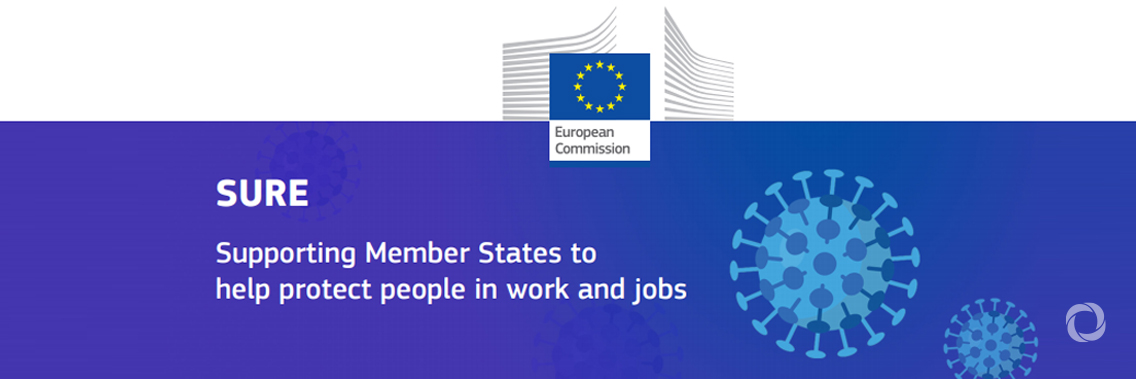Saving lives and supporting livelihoods in these times of acute crisis is paramount. The Commission is further increasing its response by proposing to set up a €100 billion solidarity instrument to help workers keep their incomes and help businesses stay afloat, called SURE. It is also proposing to redirect all available structural funds to the response to the coronavirus.
Farmers and fishermen will also receive support, as will the most deprived. All of these measures are based on the current EU budget and will squeeze out every available euro. They show the need for a strong and flexible long-term EU budget. The Commission will work to ensure that the EU can count on such a strong budget to get back on its feet and progress on the path to recovery.
The Commission is acting on its conviction that the only effective solution to the crisis in Europe is one based on cooperation, flexibility and, above all, solidarity.
Commenting on the proposals adopted today, President von der Leyen said: “In this coronavirus crisis, only the strongest of responses will do. We must use every means at our disposal. Every available euro in the EU budget will be redirected to address it, every rule will be eased to enable the funding to flow rapidly and effectively. With a new solidarity instrument, we will mobilise €100 billion to keep people in jobs and businesses running. With this, we are joining forces with Member States to save lives and protect livelihoods. This is European solidarity.”
SURE is a new instrument that will provide up to €100 billion in loans to countries that need it to ensure that workers receive an income and businesses keep their staff. This allows people to continue to pay their rent, bills and food shopping and helps provide much-needed stability to the economy.
The loans will be based on guarantees provided by Member States and will be directed to where they are most urgently needed. All Member States will be able to make use of this but it will be of particular importance to the hardest-hit.
SURE will support short-time work schemes and similar measures to help Member States protect jobs, employees and self-employed against the risk of dismissal and loss of income. Firms will be able to temporarily reduce the hours of employees or suspend work altogether, with income support provided by the State for the hours not worked. The self-employed will receive income replacement for the current emergency.
The EU is today proposing to use all available remaining funds from this year’s EU budget to help to respond to the needs of European health systems.
€3 billion will be put into the Emergency Support Instrument, of which €300 million will be allocated to RescEU to support the common stockpile of equipment. The first priority would be managing the public health crisis and securing vital equipment and supplies, from ventilators to personal protective gear, from mobile medical teams to medical assistance for the most vulnerable, including those in refugee camps. The second area of focus would be on enabling the scaling up of testing efforts. The proposal would also enable the Commission to procure directly on behalf of the Member States.
Original source: European Commission
Published on 02 April 2020

